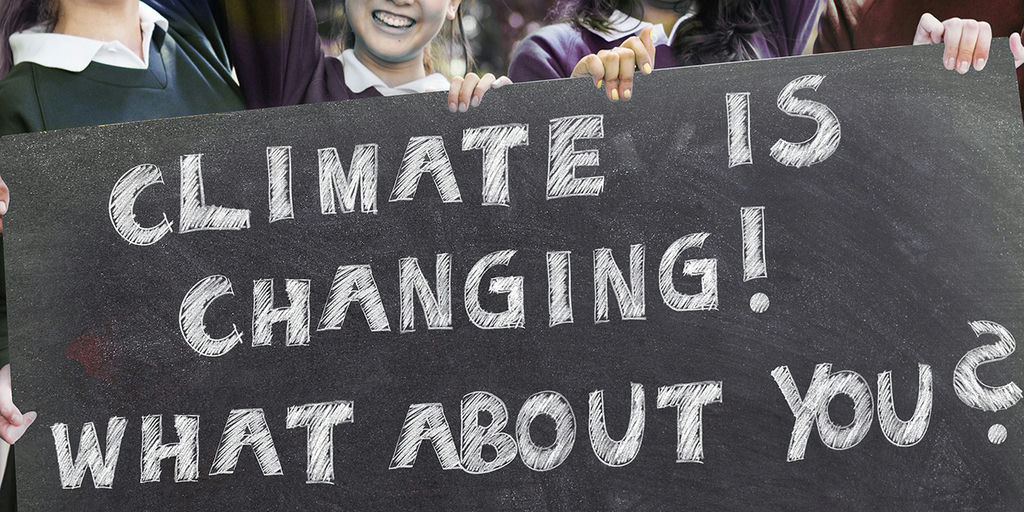Breaking Barriers: Making Climate Events Inclusive for All Communities

(Image Source: Priscilla Du Preez/Unsplash)
Climate change affects all of us, but sometimes there are barriers that prevent people from getting involved. To have the greatest impact it is crucial to reach out to all communities and ensure everyone has a chance to join the movement.
Historically, many groups have struggled to access green spaces and connect with nature and the climate movement. A study highlighted this disparity, showing that parks in disadvantaged neighborhoods often receive lower quality ratings on Google Maps*. Low-income earners have been disproportionately impacted by environmental injustices. Women in certain parts of the world are treated as second-class citizens and have also been underrepresented. There is sometimes an urban bias to addressing climate change, which can alienate people living in rural communities. Those who have experienced such obstacles may feel sidelined and unheard. Extra efforts can be made to ensure all feel welcomed.
Here are some steps to consider to create an inclusive climate action event:
1. Ask for Guidance from Community Leaders: Reach out to leaders in the communities you want to engage with. Building trust takes time, so be patient and consistent. Ask questions, listen to expressed needs, and show up to offer support without making promises you can't keep.
2. Partner with Community Organizations: Collaborate with organizations that understand the challenges and priorities of those they serve. These partnerships establish trust and credibility for your event, and members of these organizations can assist with outreach.
3. Pick a Convenient Location: Select a venue that's easy to reach via public transportation if it is good in your area. Secure a space that is accessible, including those with mobility challenges. Be creative and make it easier for attendees to get to the event through carpooling, shuttle van services, or reimbursements for travel expenses if possible.
4. Interact Directly with Community Members: Especially for more marginalized groups, this might involve meeting closer to where they live. Prioritize listening over speaking when you talk about climate. Ask how you can offer support rather than expecting them to respond to your needs.
5. Diversify Your Speakers and Programming: Invite speakers from varied backgrounds and organize programming that caters to wide-ranging interests. Develop promotional materials that include images of people from differing geographical, ability, gender, age, and economic backgrounds. When you give a public talk about climate, use plain language and avoid jargon to make the event more accessible to non-native speakers. Provide translation services and sign language interpreters for the deaf, if possible.
6. Create a Welcoming Environment: Greet people and answer questions as guests arrive. Confusion is often an unintended way to make people feel unwelcome. Post signs to guide attendees to the event space, and if you are offering refreshments provide clear ingredient labels for those with dietary restrictions. Communicate group expectations for respect and mutual support to foster an atmosphere where everyone feels safe and heard. Demonstrate a commitment to cultural sensitivity.
7. Facilitate Connection-Building Activities: Break the ice with activities that help attendees connect across social and class boundaries. Encourage participation in breakout groups to hear diverse perspectives and provide opportunities for attendees to share their experiences and needs.
8. Gather Feedback: Collect feedback from participants using comment cards or surveys. Options for anonymity and confidentiality can be reassuring to allow people to speak their minds. Use this feedback to improve future events and continue to increase their inclusivity.
9. Express Gratitude to all Involved: Take the time to thank your collaborators and attendees for their commitment to climate action. Emphasize that the conversation doesn't end with the event; it's ongoing and they will hear from you again soon.
By considering these ideas, we can host climate events that empower more people to take action and make a difference. Together, we will build a more sustainable and equitable future for all.
*Walter, M., Bagozzi, B.E., Ajibade, I. et al. Social media analysis reveals environmental injustices in Philadelphia urban parks. Sci Rep 13, 12571 (2023). https://doi.org/10.1038/s41598-023-39579-4

